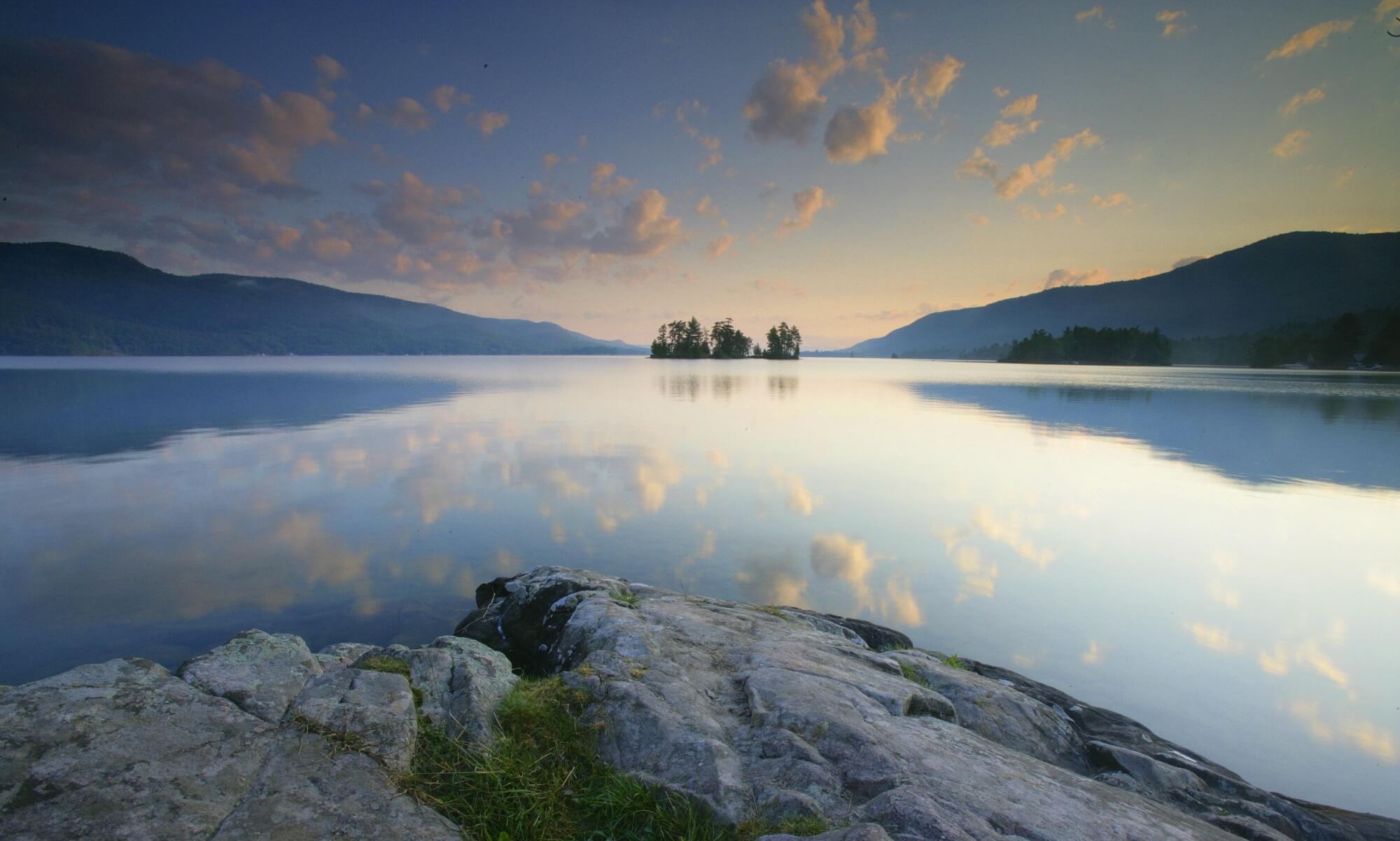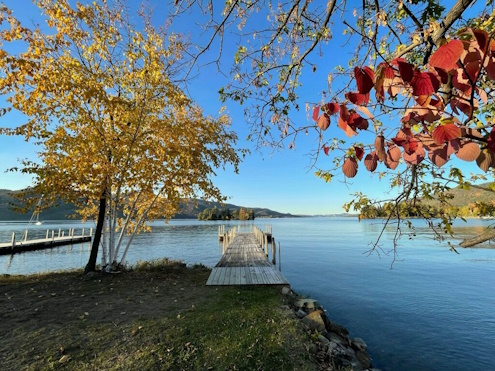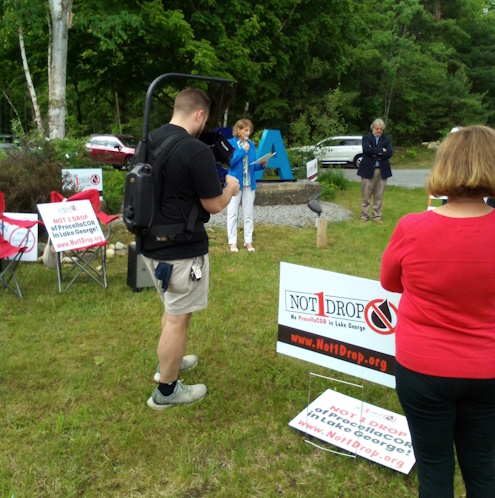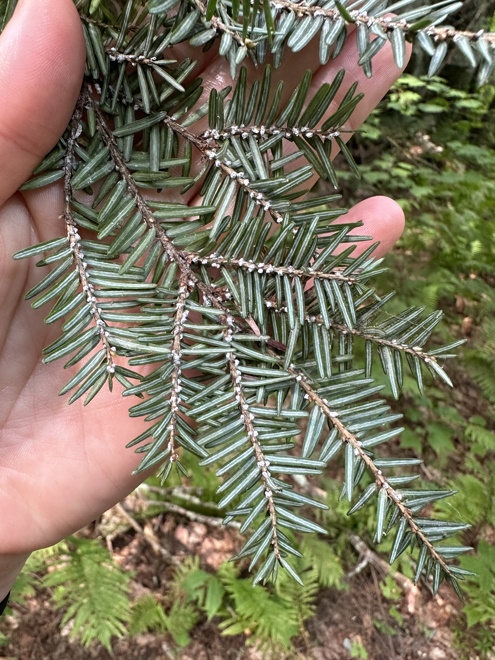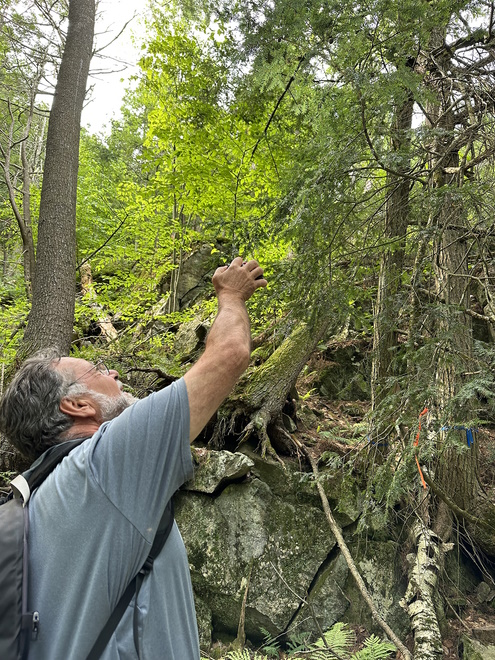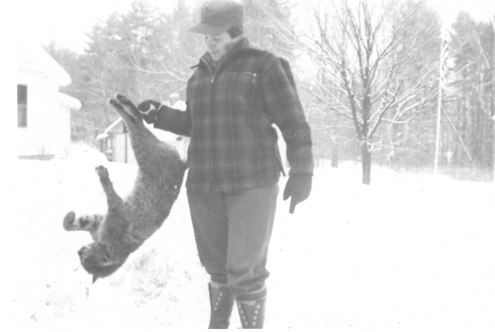
Rep. Elise Stefanik with President-elect Donald Trump (Photo Credit: Rep. Elise Stefanik Facebook page.)
President Trump in a statement to the NY Post said: “I am honored to nominate Chairwoman Elise Stefanik to serve in my Cabinet as U.S. Ambassador to the United Nations. Elise is an incredibly strong, tough, and smart America First fighter.”
House Republican Conference Chair, Elise Stefanik, released the following statement:
“I am truly honored to earn President Trump’s nomination to serve in his Cabinet as U.S. Ambassador to the United Nations. During my conversation with President Trump, I shared how deeply humbled I am to accept his nomination and that I look forward to earning the support of my colleagues in the United States Senate.
President Trump’s historic landslide election has given hope to the American people and is a reminder that brighter days are ahead — both at home and abroad. America continues to be the beacon of the world, but we expect and must demand that our friends and allies be strong partners in the peace we seek.
The work ahead is immense as we see antisemitism skyrocketing coupled with four years of catastrophically weak U.S. leadership that significantly weakened our national security and diminished our standing in the eyes of both allies and adversaries.
I stand ready to advance President Donald J. Trump’s restoration of America First peace through strength leadership on the world stage on Day One at the United Nations.
I will forever be grateful to my beloved constituents in New York’s 21st Congressional District for believing in me and giving me the opportunity to work my very hardest to serve and give them a voice at the highest levels of Congress.
Ten years ago, Upstate and North Country voters took a chance on a young, first-time, unknown candidate who very few believed could win. I was proud to be the youngest woman elected to Congress at the time and to earn their overwhelming vote of confidence in six general elections.
Thank you to my colleagues in the House for entrusting me to serve as House Republican Conference Chair as a part of your leadership team.
I am proud of my strong record as a senior Member of the House Armed Services Committee, the House Intelligence Committee, and the Education and Workforce Committee, as well as the legislative and constituent services results my office successfully delivered to our district.
Thank you to the hardworking families, small businesses, farms, law enforcement officers, military families, veterans, seniors, and local elected officials whom I have worked so closely with on behalf of our communities. And most especially, thank you to my extraordinarily dedicated staff in the District and Washington offices for serving our constituents tirelessly for the past decade.
My family and I are excited for this next chapter in New York and Washington to work hard to serve our country on President Donald Trump’s team. No matter where this journey takes us, Upstate New York — the cradle of the American Revolution — will always be my heart and home.”
